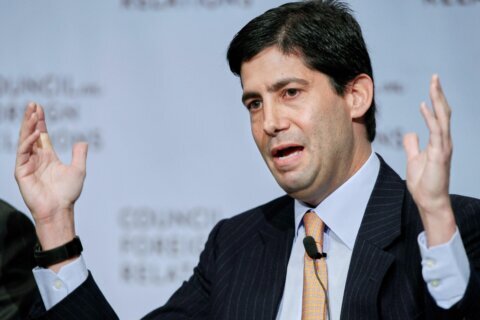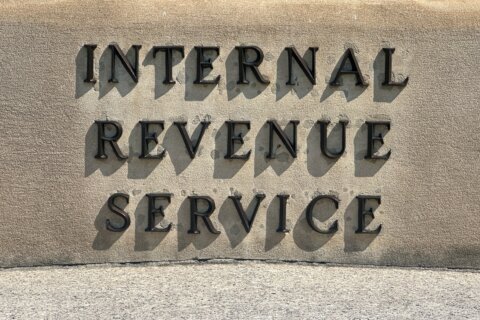WASHINGTON — Credit card balances are at an all-time high, and with tens of millions of card users opting to carry a balance, they’re throwing away more money in interest rate payments.
Americans paid $104 billion in credit card interest and fees in 2018, up 11 percent from the prior year, and up 35 percent over the last five years as Federal Reserve rate increases have been passed on to consumers, according to MagnifyMoney.
And with up to four Fed rate hikes expected in 2018, MagnifyMoney estimates the increase in interest and fees paid in the coming year will rise more than 10 percent again, for a total of $110 billion.
Credit cards are the most sensitive to the rate hikes, historically rising more than twice as fast as mortgage rates.
The average APR on credit card accounts is now 15.5 percent.
According to the Federal Reserve, total revolving credit card balances for U.S. consumers stood at $1.04 trillion as of May 2018, the overwhelming majority of which is credit and retail card balances.
While 29 percent of total credit card balances are paid off each month, but by MagnifyMoney’s calculations Americans are carrying about $687 billion in credit card debt that’s not paid in full each month.
According to credit reporting company Experian, the average credit card balance is $6,348, not counting store credit cards, which have an average balance of $1,841.
About 175 million Americans actively use credit cards, according to Transunion.








